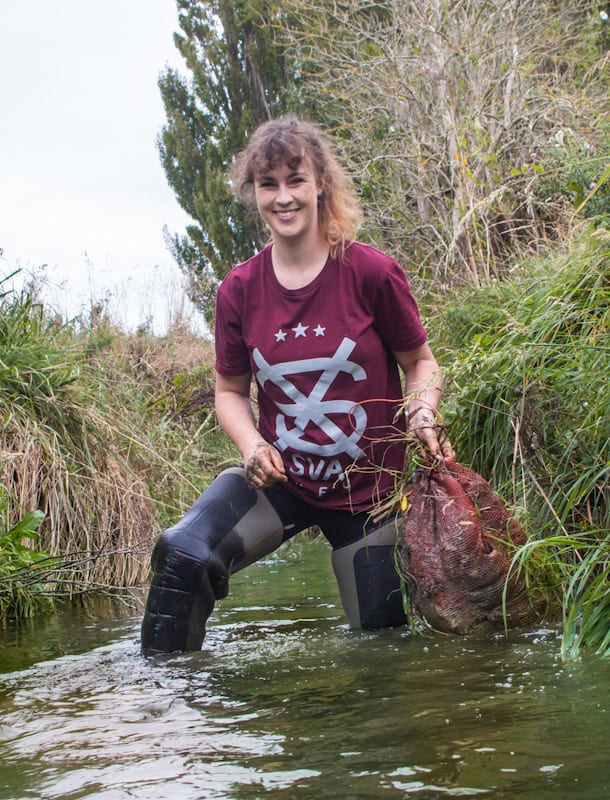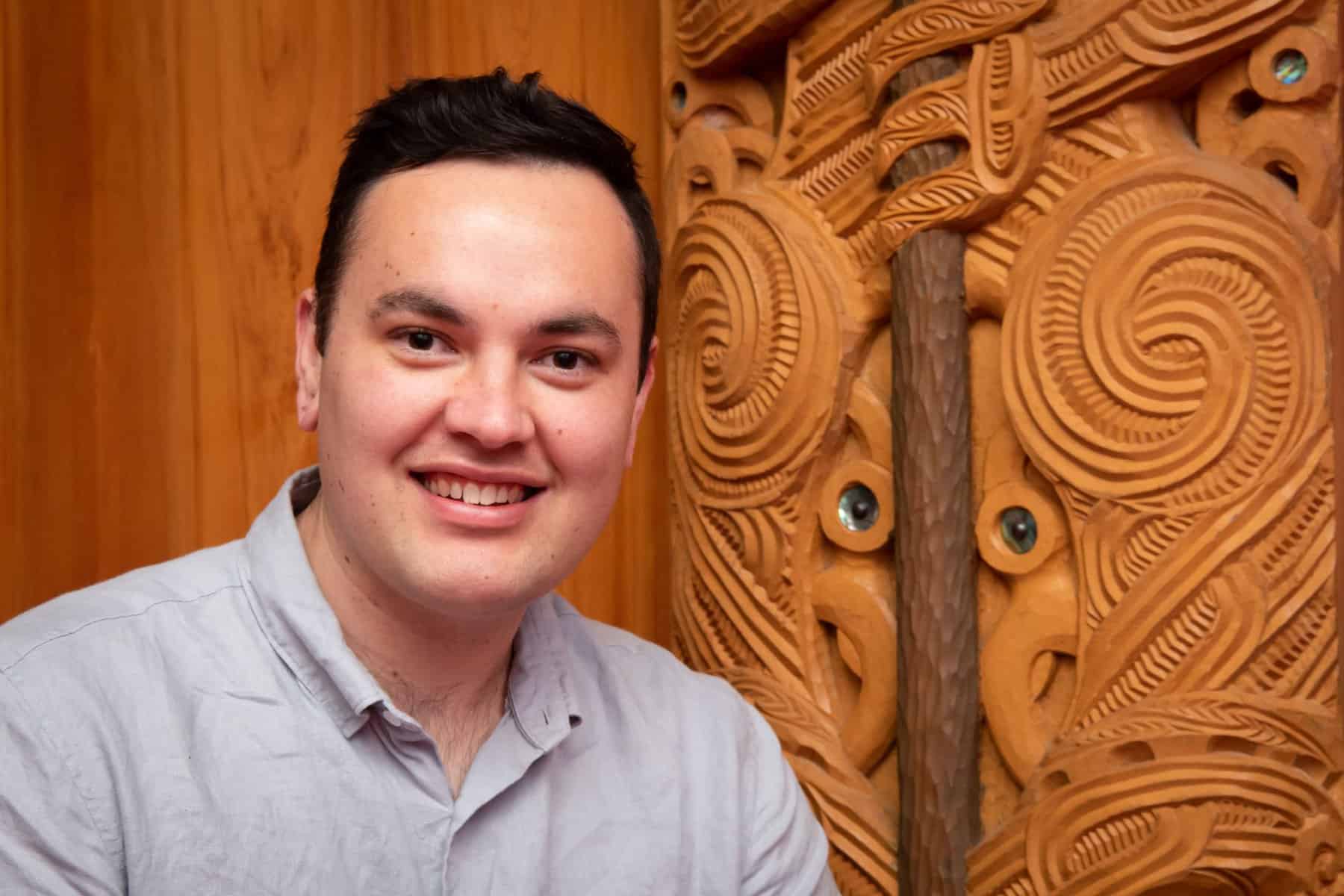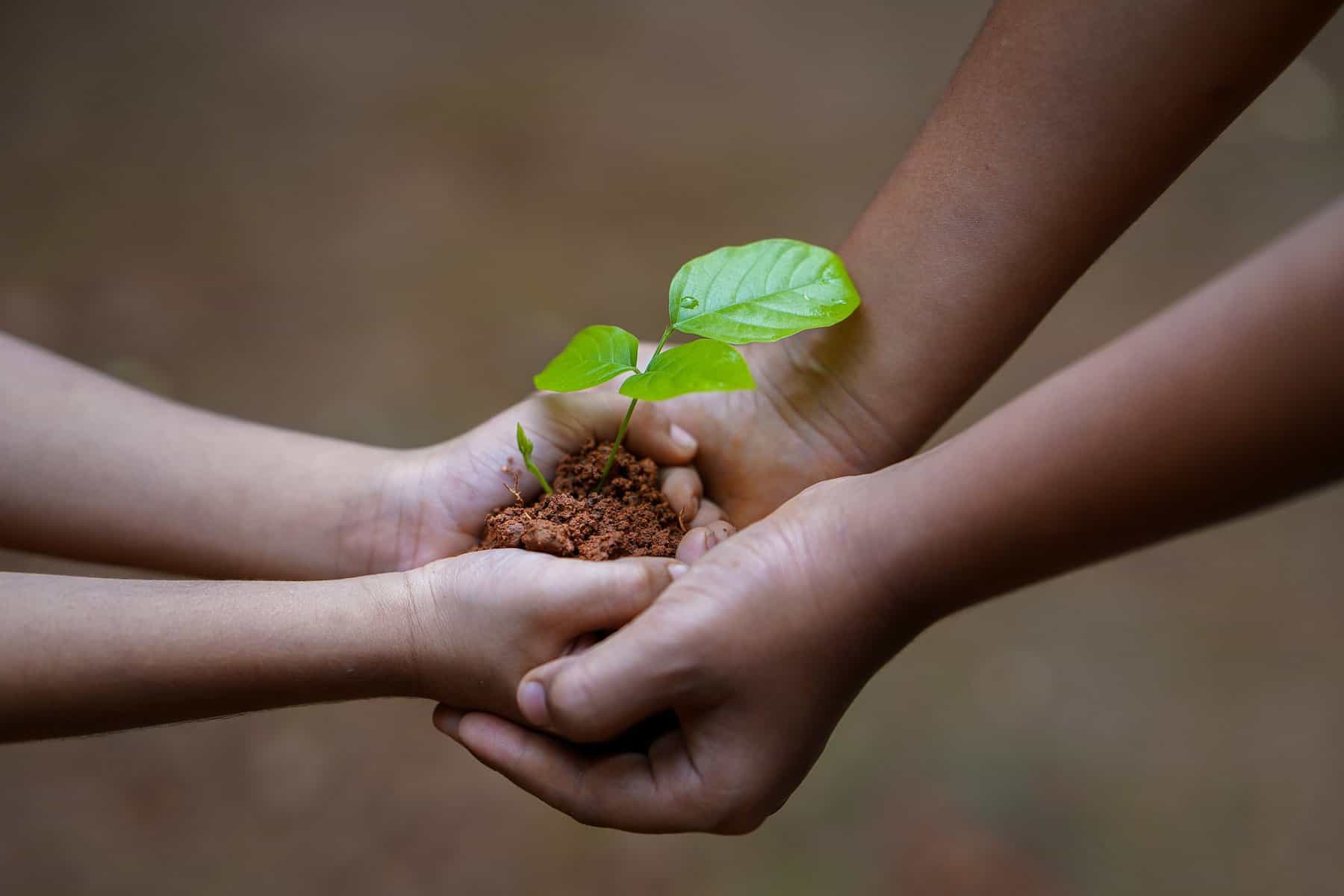Ngā Pī Ka Rere co-lead Dr Helen Warburton says she’s “super excited” welcoming Aisling and Symon into leadership.
This rōpū (group) was conceived in 2019 to help guide investment in early career (EC) perspectives within BioHeritage, and to ensure that a diversity of voices is included in future research investments. Professor Shaun Ogilvie (Kaihautū Ngātahi) named the rōpū Ngā Pī Ka Rere, inspired by the vision of fledgling manu flying into action.
Helen and her outgoing co-lead Kathryn recognised that ECs have a unique voice, valuable perspective and that a real diversity of people is needed to identify what’s missing, and what needs to be done in biodiversity and biosecurity spaces.
Reflecting on the future of biosecurity in Aotearoa, new co-lead Aisling sees our collaborative histories being built on and strengthened.
“There’s growing recognition that the challenges we’re facing — in terms of biodiversity, biosecurity, climate change and so forth — are very large and complex, and bring in multiple threads: environmental, social, and cultural,” says Aisling. “We need approaches that recognise different ways of thinking, of knowing and of being, and that include diverse disciplines and communities.”

There’s a consensus in the group that Ngā Pī Ka Rere’s strength lies is supporting diversity and a transdisciplinary approach, helping ECs develop a sense of where their own work belongs within BioHeritage and the wider research system.
Symon says that, by design, the co-leadership model seen throughout BioHeritage disrupts the norm. “There’s more chance for dialogue, for understanding and learning different knowledge systems.”

After four years in BioHeritage, Kathryn is preparing to step away, though she expects to pop her head in from time to time. She is grateful for the opportunities afforded to her and is excited for the haumāuiui (achievements) to continue on with Helen, Aisling, and Symon at the helm. “It’s really nice knowing Ngā Pī Ka Rere will be even more successful for their involvement,” she says.
What has Kathryn valued most about her time in the Challenge? He tangata, he tangata, he tangata.
“BioHeritage does things differently,” she says. “The diversity of people we meet, the diversity of knowledge systems, and the way so many different people are given a voice is really inspiring.”
“I’d like to think we’re creating networks now that are going to be useful for biodiversity and biosecurity leaders in the future.”
